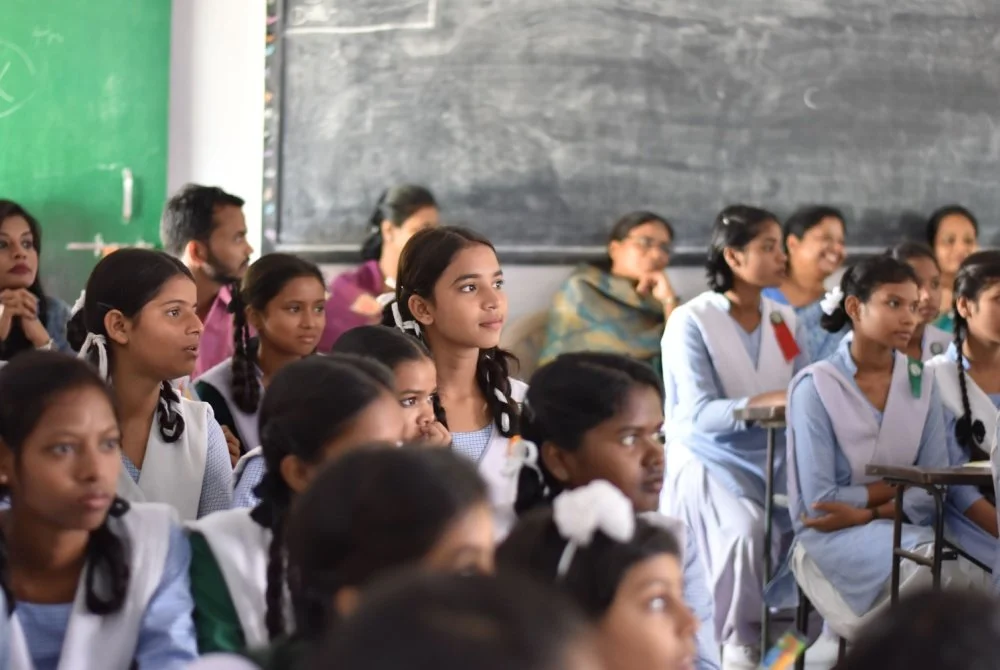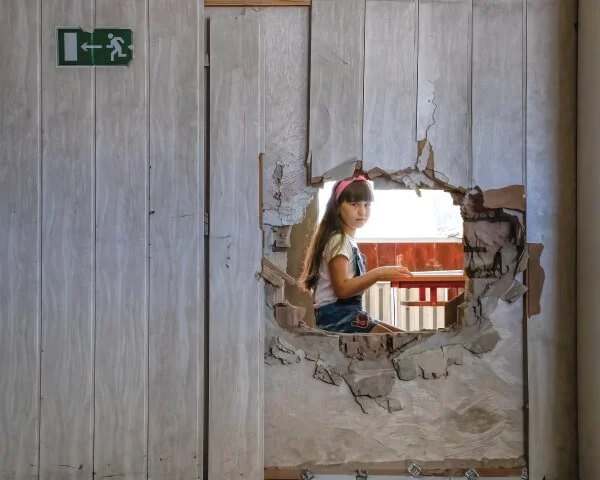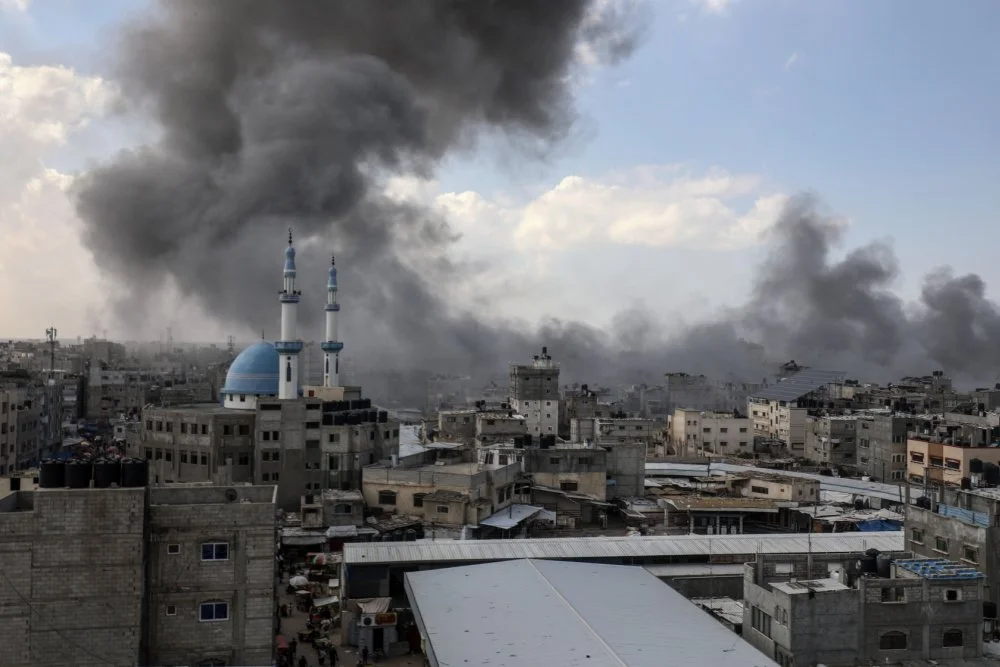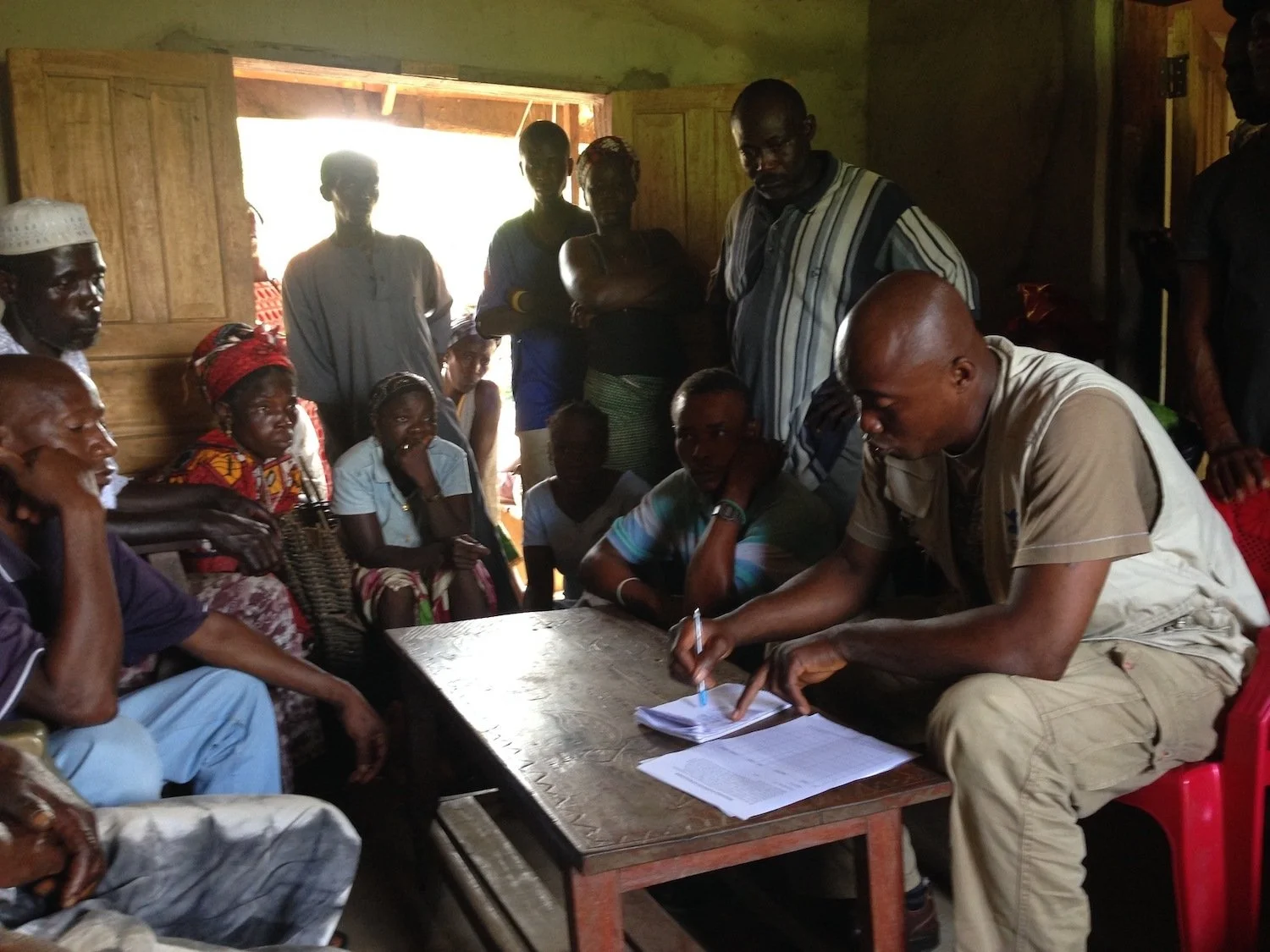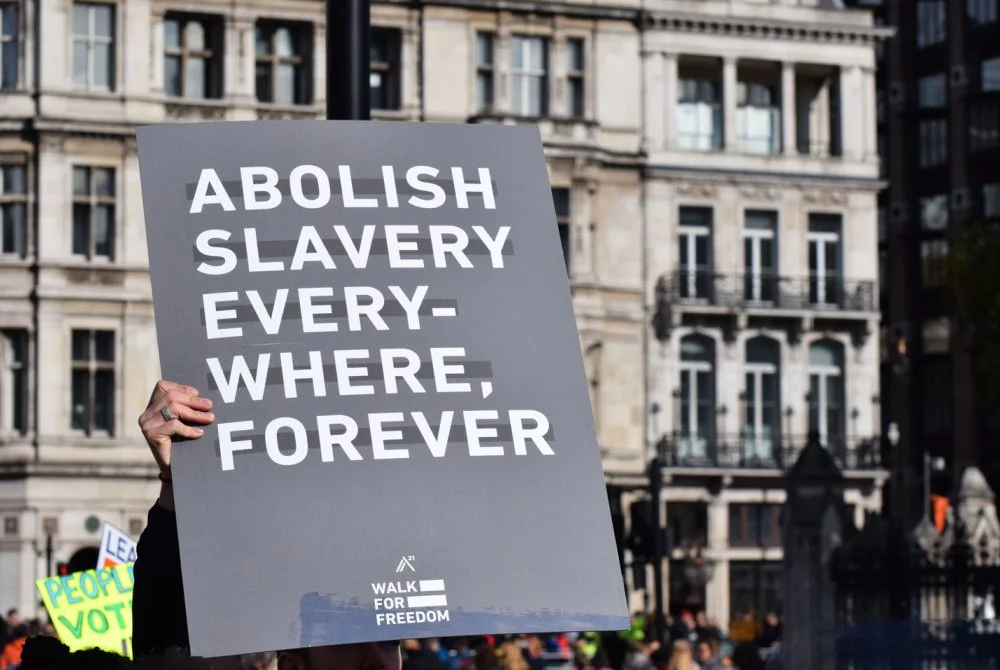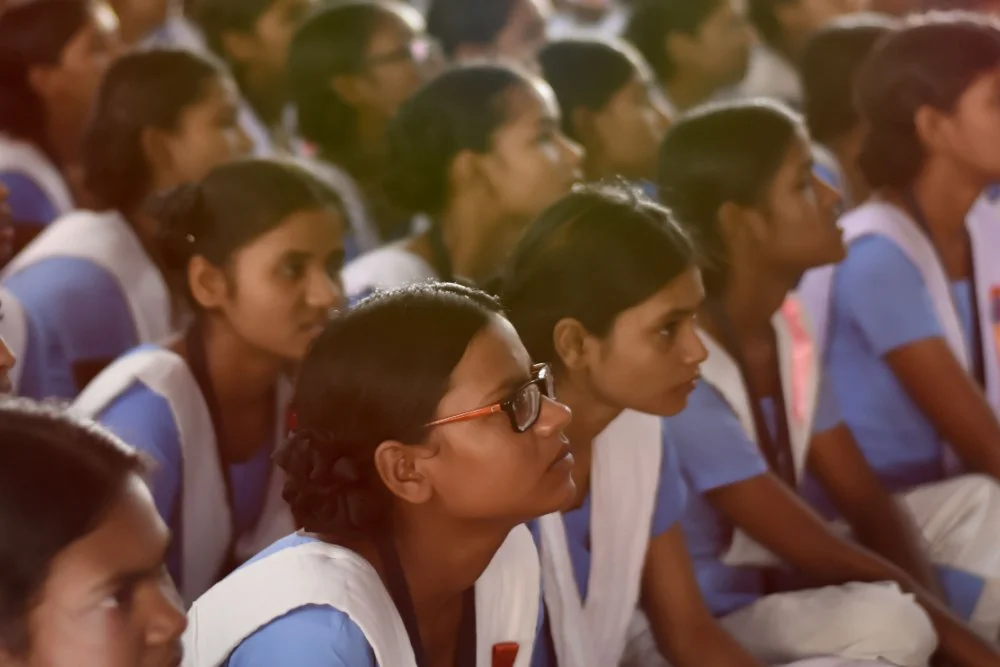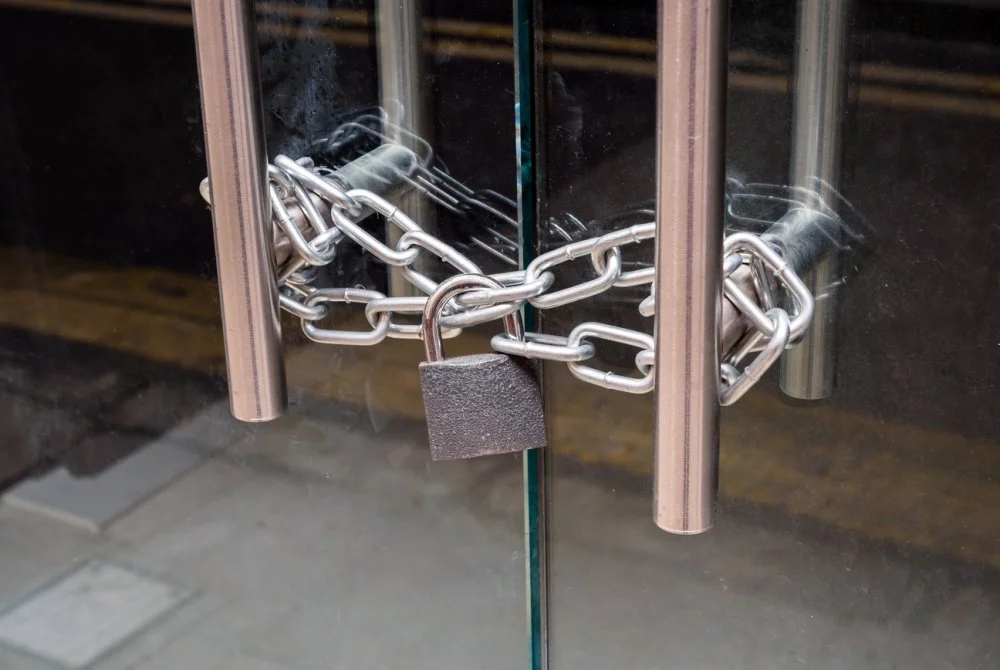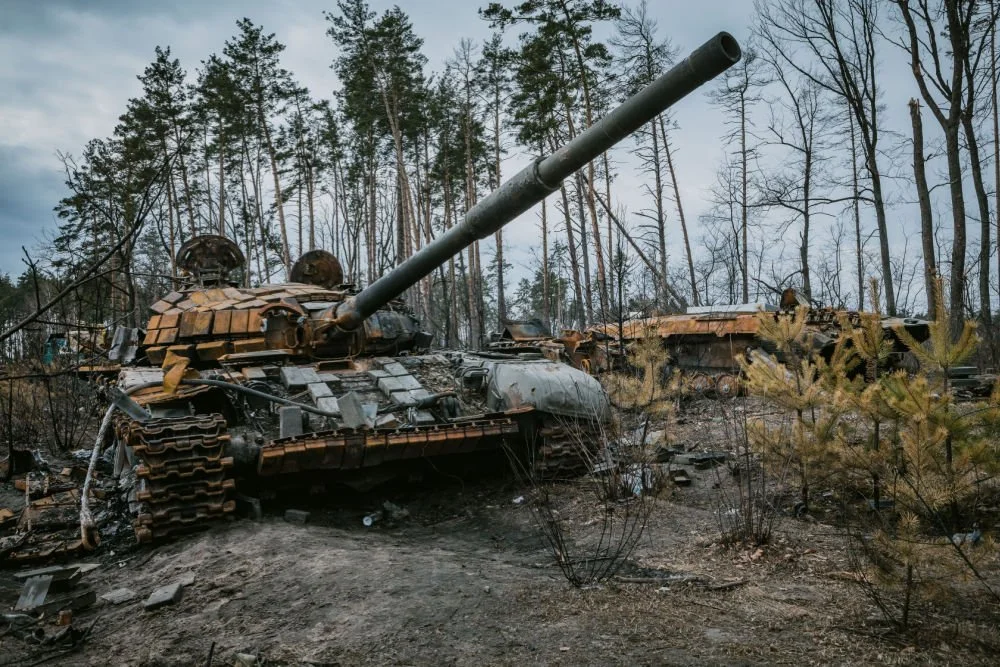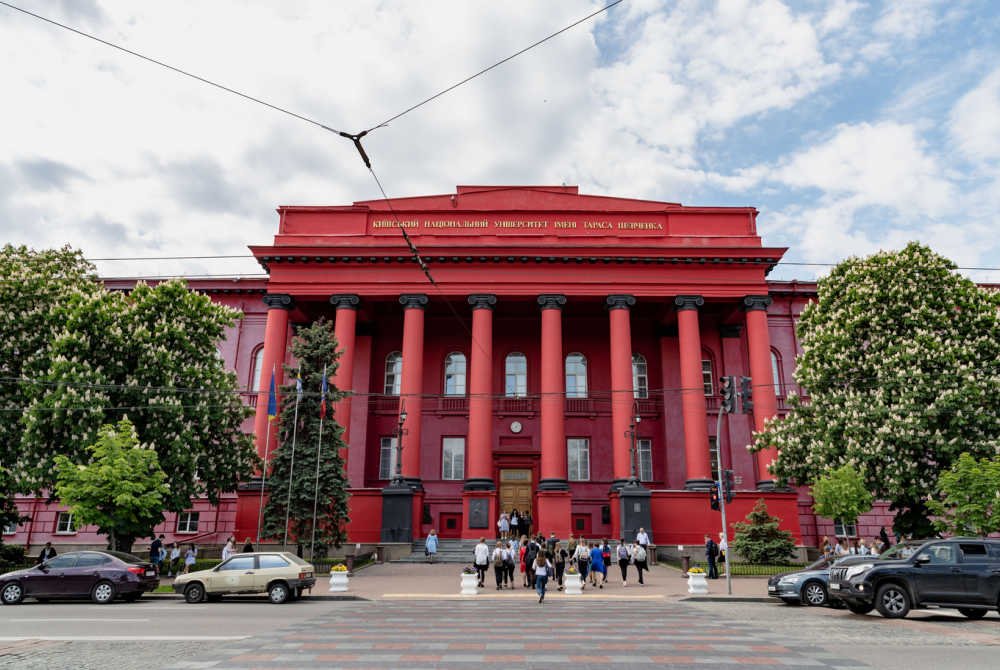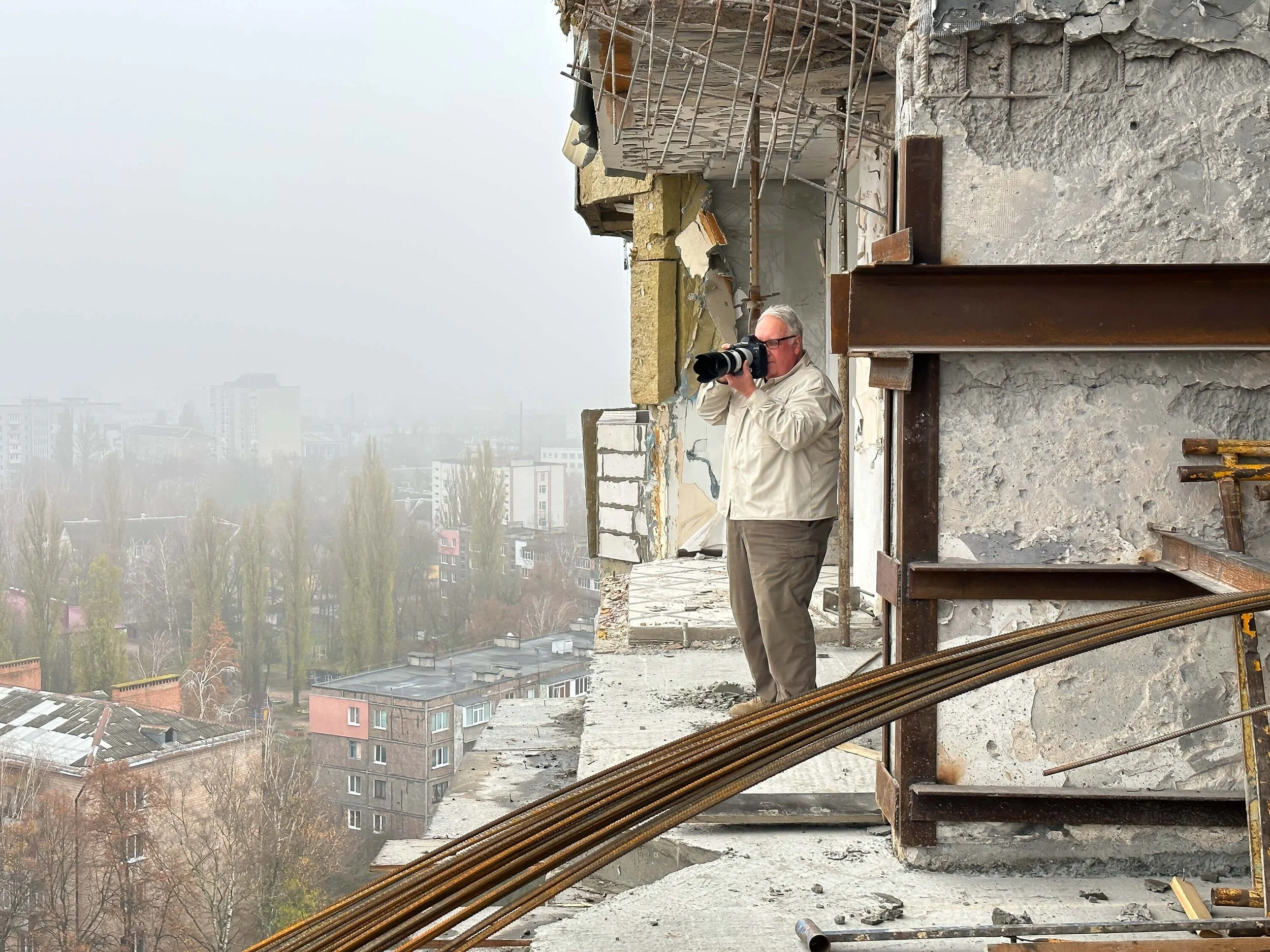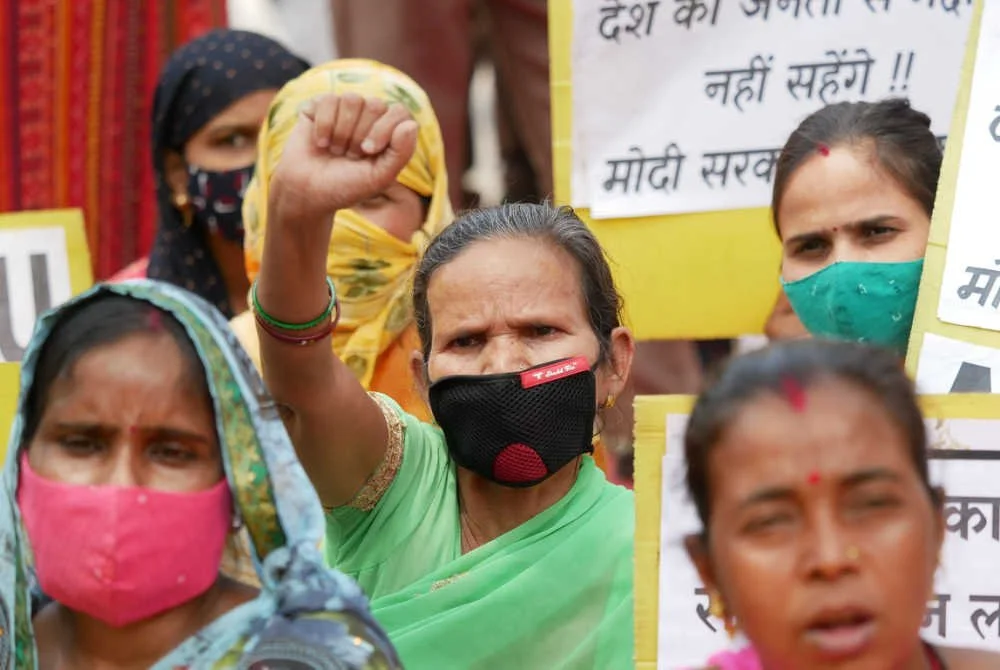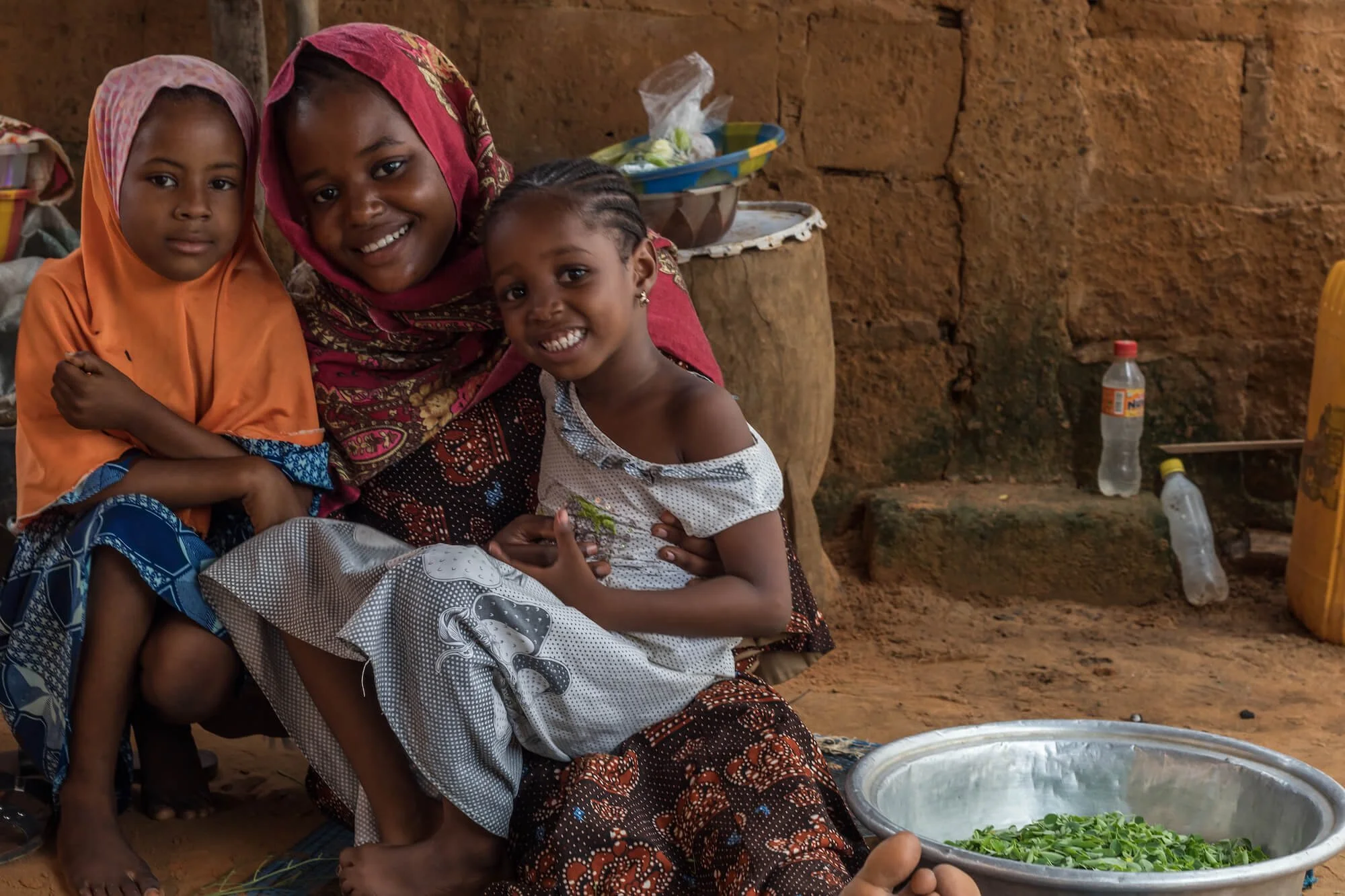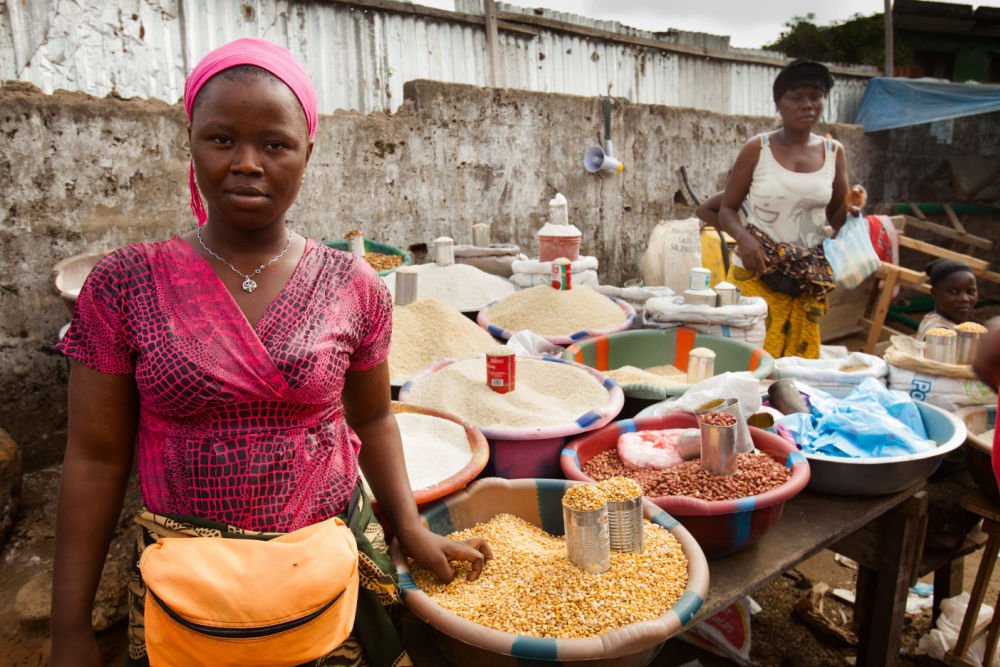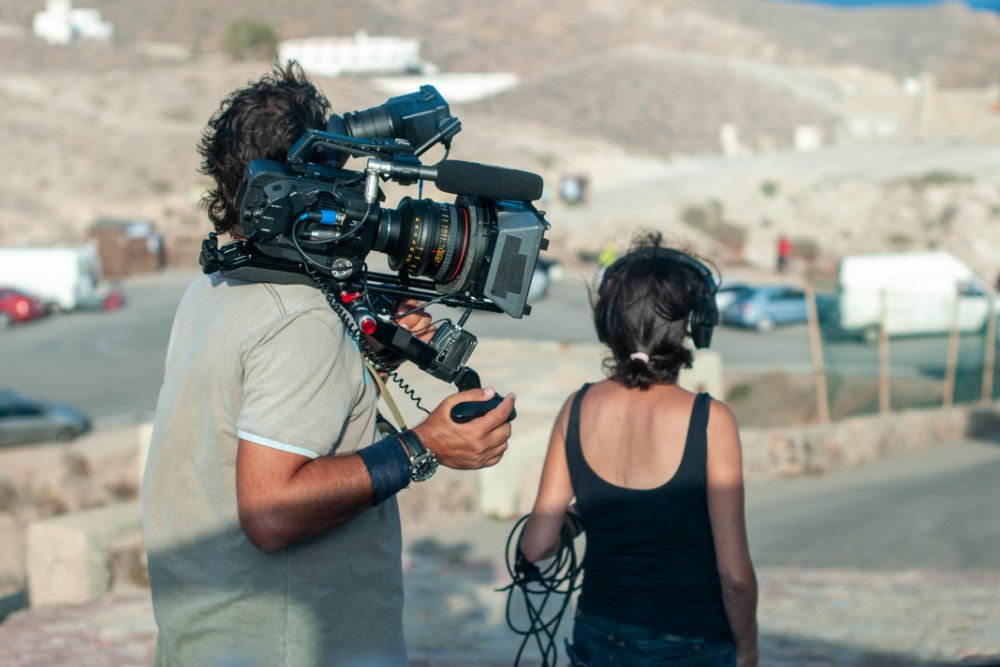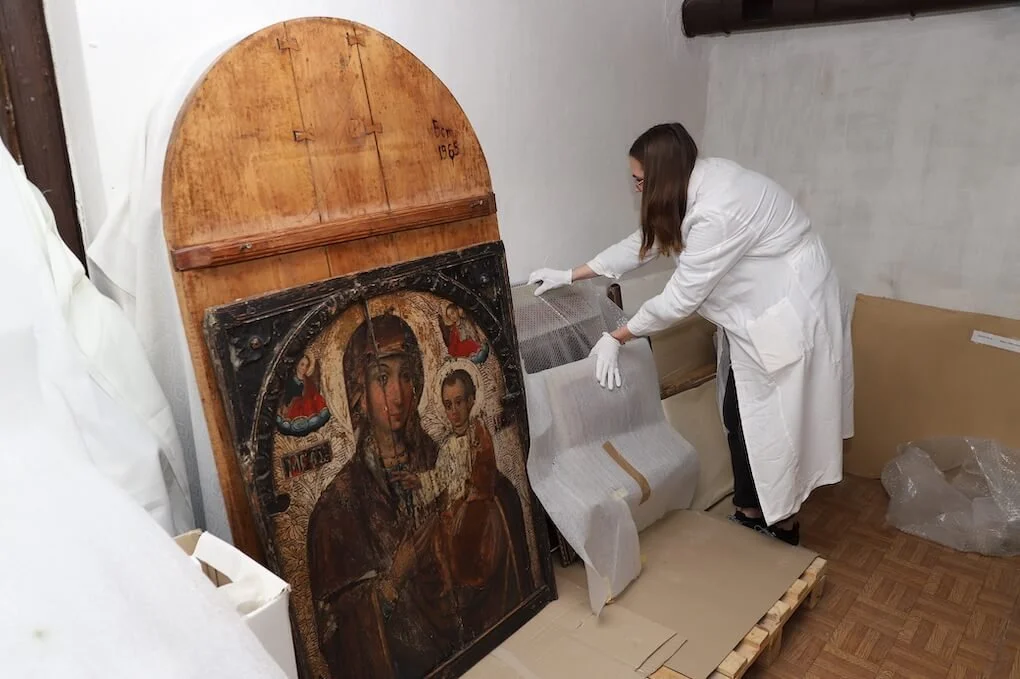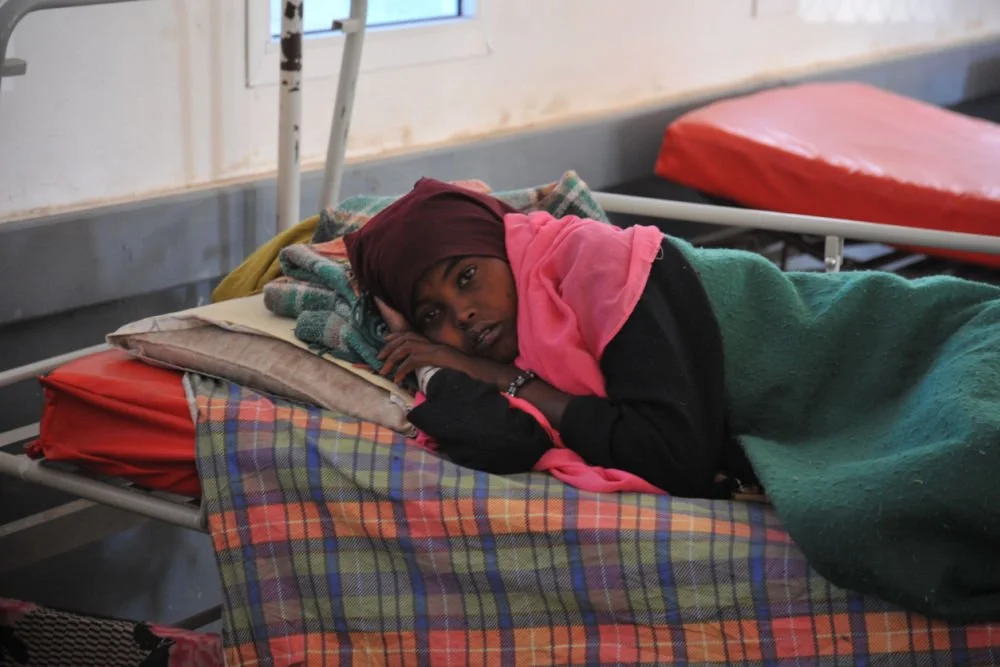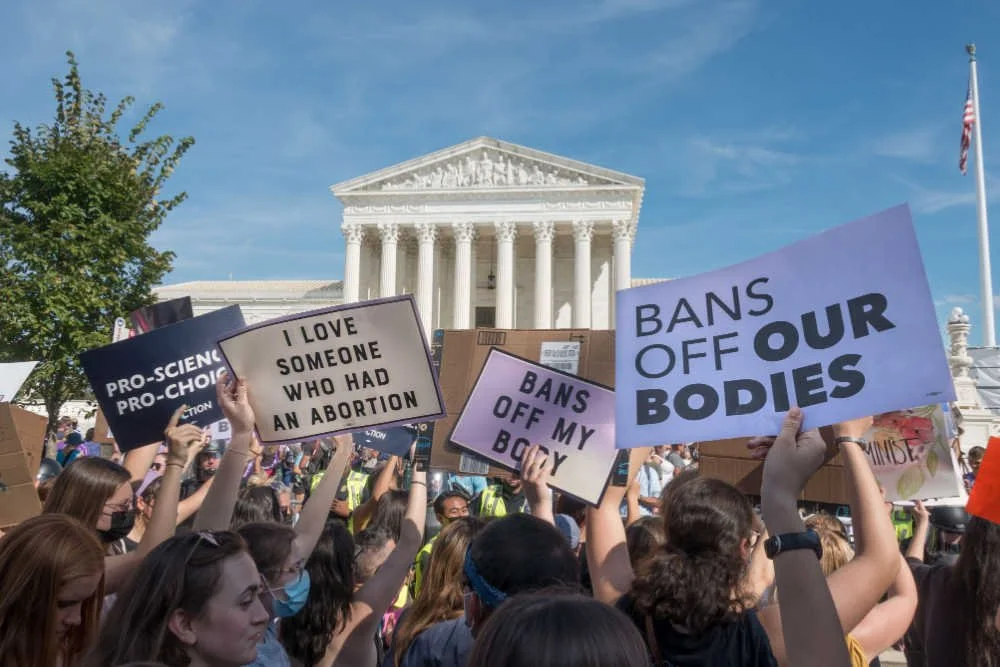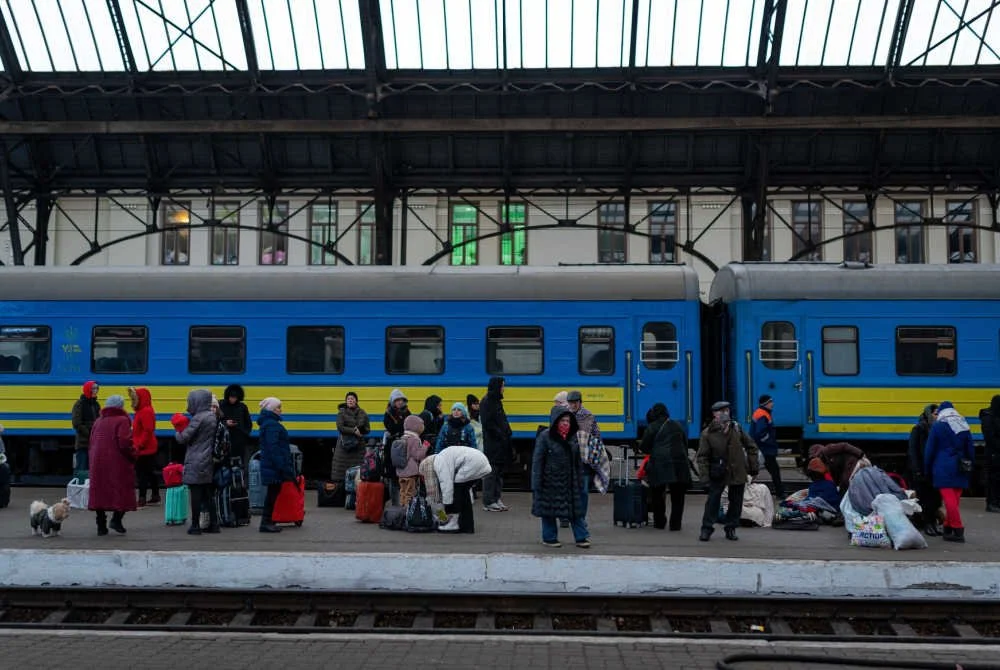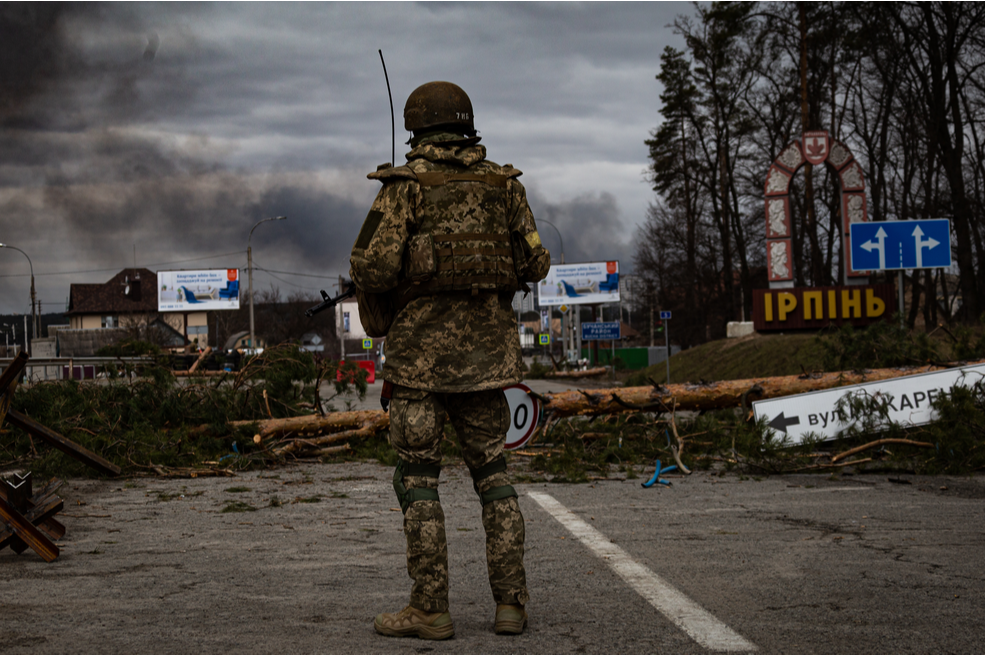Local Experts: How Carnegie is Elevating African Voices in Debates Over War and Peace
/A soldier in South Sudan. punghI/shutterstock
In a world rife with conflicts, Africa has experienced more than its share. Civil wars, military coups, separatist movements and ethnic conflicts have made the continent a natural laboratory for peace and security researchers from across the globe. Yet even as the pronouncements of these researchers gain scholarly and political attention, most hail from outside Africa—with the views of African researchers largely absent.
The Carnegie Corporation of New York is working to change that. With long engagement in Africa, the foundation is committed to elevating African voices in the global research and policy communities. According to Stephen del Rosso, director of the foundation’s International Peace and Security Program, “peacebuilding internationally has been spotty” with an “absence of local voice in peacebuilding activity.”
In 2015, the foundation launched its Peacebuilding in Africa Initiative, a joint effort of del Rosso’s program and the Higher Education and Research in Africa Program, to address the relative invisibility of African researchers in global dialogue on peacebuilding. As Carnegie describes it, the initiative “supports efforts to promote peacebuilding scholarship within Africa, connect African experts with regional and international peacebuilding communities, and draw applicable lessons from other regions of the world.” Grants flow for a range of activities, including fellowships and training, supporting African-led data initiatives, convening those involved in peacebuilding, and more.
Carnegie’s Deep Roots in the Africa Research Community
The Peacebuilding in Africa Initiative builds upon investments by Carnegie and other U.S. foundations in African universities going back to 2000. Among other things, Carnegie has worked to empower African researchers and policy analysts through support for training in data collection and the use of analytical tools, as well as development of original research approaches. A key goal of the foundation has been to enable Africans’ own findings to gain visibility in research and policy circles, both in Africa and globally.
Now, Carnegie is building on this work to advance African peacebuilding scholarship. Its strategy includes working with the foundation’s many partners in the African and U.S. scholarly communities to bolster the skills and networks of researchers from Africa.
One set of U.S. partnerships is piloting data collection methods aimed at improving understanding of conflict drivers and developing reliable on-the-ground methods for collecting data on peace and security. The projects look at how citizen participation in service delivery might influence social cohesion (Kenya), how low-cost monitoring of actions associated with electoral violence compares with more costly approaches (Cote d’Ivoire), and how election observation missions and election results reporting can be employed in maintaining peace before, during and after elections (South Africa).
To enhance African scholars’ research skills, Carnegie has also supported the African Peacebuilding Network (APN), a project launched in 2012 by the U.S. Social Science Research Council (SSRC). APN has provided a vital intellectual base for African peace researchers, a peer community, publishing opportunities through a working paper series, and guidance in writing for academic journals. The SSRC, together with the African Leadership Center in Nairobi, Kenya, has organized yearly APN conferences focusing on a range of issues.
In addition, Carnegie supports doctoral students in Africa with a peace and security focus through SSRC’s Next Generation Social Sciences in Africa initiative, which the foundation helped launch in 2011. In another partnership, Carnegie backs the Africa Program of the Woodrow Wilson International Center for Scholars in Washington, D.C., to build opportunities for African scholarly collaboration and development of peacebuilding research and policy networks. The program’s Southern Voices Network for Peacebuilding (SVNP), created in 2011 with Carnegie funding, works closely with 22 member organizations located in 13 African countries, largely in sub-Saharan Africa. These include think tanks as well as university-affiliated centers and institutes focusing on peacebuilding and statebuilding in Africa.
Staff from network member organizations are able to compete for three-month fellowships in residence at the Africa Program in Washington, D.C., during which they work on projects that elevate African expertise on peacebuilding and informing the American policy dialogue on these issues. Since 2013, 24 fellows from Cote d’Ivoire, Ethiopia, Ghana, Kenya, Nigeria and South Africa have participated in the Southern Voices Network. According to Hannah Akuiyibo, program associate with the Africa Program, SVNP fellows are earlier in their careers than their counterparts in the SSRC’s African Peacebuilding Network, whose scholars are “more seasoned.”
To foster stronger links between African peacebuilding scholars and U.S. and international policy communities, Southern Voices fellows are mandated to engage with policymakers, whether through exchanges on panels, or by reaching out to them directly. Papers written by the fellows as a principal fellowship undertaking are sent to targeted lists of policymakers using tweets and mailing lists, and are also made available on the web.
When SVNP fellows return to Africa, they become part of the program’s Scholar Alumni Network. Connections among the peacebuilding community in Africa and with international policymakers are also strengthened through the annual conferences held by the Southern Voices, alternating between Africa and the Wilson Center in Washington.
To advance the sharing of peacebuilding research and practice in Africa, Carnegie also supports an annual multi-day meeting of a rotating selection of its grantees, along with representatives from the broader peacebuilding community. The conference rotates between the Wilton Park conference facility north of London one year, and a different location in Africa the next.
Linking the African Public to African Peace Researchers’ Policy Prescriptions
Carnegie also works to expand awareness of African peacebuilding scholarship among the broader public in African countries. Recently, for example, it made a grant to the AllAfrica Foundation, an online source of news across Africa, which is headquartered in Cape Town, with small offices in Abuja, Dakar, Monrovia, Nairobi and Washington. Through its own network of some 130 print and broadcast media partners across Africa, the foundation, described by its co-founder Tami Hultman, as a “digital newsroom,” will be running news stories and interviews with African peacebuilding researchers through its pan-African platform. The foundation has long-established contacts in Africa established over the past 20 years, and “enjoys access” to decision-makers. From circulating feature articles written by the researchers themselves (with some editing assistance by AllAfrica staff), to original reporting by AllAfrica journalists on peacebuilding developments, the foundation will make use of a full media outreach toolkit.
According to Hultman, the foundation, which received a 24-month Carnegie grant in September 2018, is working from a Carnegie-provided database of researchers and organizations active in peacebuilding in Africa. AllAfrica aims to both draw the attention of busy African policymakers to African researchers’ ideas, as well as widely disseminate researchers’ views to the broader African public through social media. Twitter, according to Hultman, has a wide following in Africa—and is particularly strong in Nigeria. Kenya, she also noted, boasts a lively Twitter community with Kenyans on Twitter, widely known as KOT, enthusiastically employing this medium to share their thoughts on most everything. AfricanTwitter users come from “every conceivable level of society,” says Hultman.
Other Carnegie support for amplifying African voices in peacebuilding policy arenas is directed to the World Policy Institute through its Program for African Thought, and to Search for Common Ground in a 24-month grant to support practitioner-scholar networks in Nigeria and the Western Sahel. A good example of the cross-pollination that Carnegie promotes among its peacebuilding grantees is AllAfrica’s YouTube dissemination of Fridays with Fatima—observations by a young Nigerian Muslim woman working with Search in Nigeria on peacebuilding, human rights and youth engagement.
Conversation Africa, a web-based publication supported by Carnegie, also provides an outlet for African peacebuilding researchers’ policy ideas. Headquartered in Johannesburg, and available globally via the internet, Conversation Africa publishes a wide array of articles by African experts on a broad range of Africa-focused issues. Contributors to Conversation Africa must be experts in their fields living in Africa.
The Carnegie Corporation has also developed its own dissemination vehicles for African peacebuilding work. In 2018, under the rubric of “African Solutions to African Problems,” Carnegie launched a series of nine weekly radio podcasts of 20 to 30 minutes each highlighting Africa-focused concerns. Through its in-house publication, The Carnegie Reporter, the corporation has highlighted varied elements of its work in mentoring and training African researchers in Africa. Carnegie’s website also posts papers of interest produced by its staff on varied programs under their purview, as well as relevant reports by Carnegie grantees and by other organizations.
Carnegie will be carefully monitoring the short and longer-term outcomes of this multi-pronged initiative, as will the peacebuilding and security studies communities in African and beyond.




